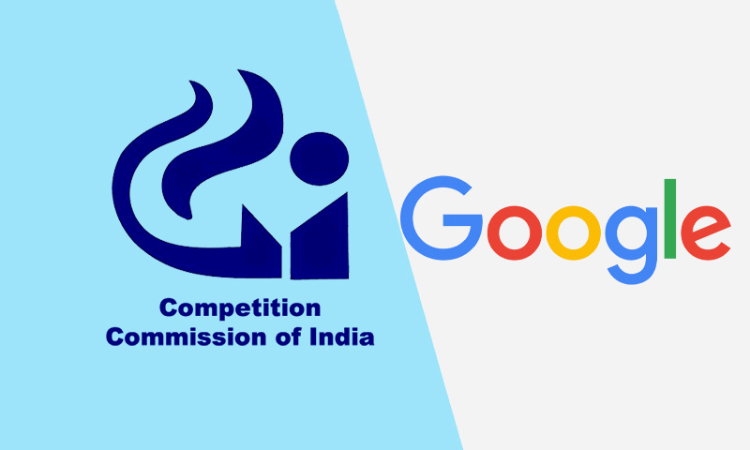The tech giant Google has filed an appeal before the Supreme Court, challenging the order dated 29.03.2023 passed by the National Company Law appellate Tribunal (“NCLAT”), New Delhi, whereby the imposition of Rs. 1337.76 Crores penalty on Google by the Competition Commission of India (“CCI”) was upheld. Google has been penalized for abusing its dominant position in the Android OS...

